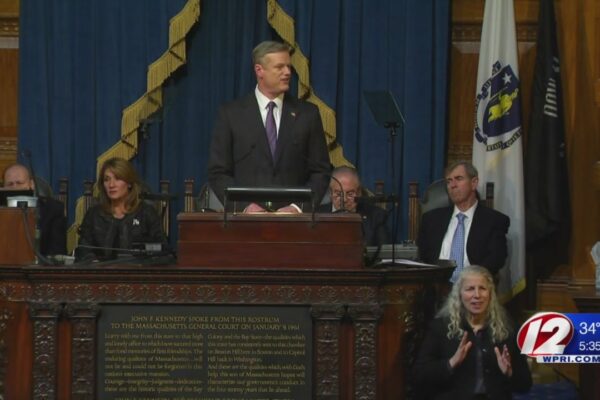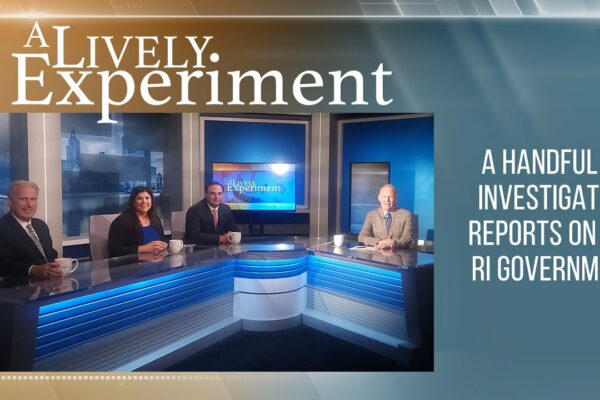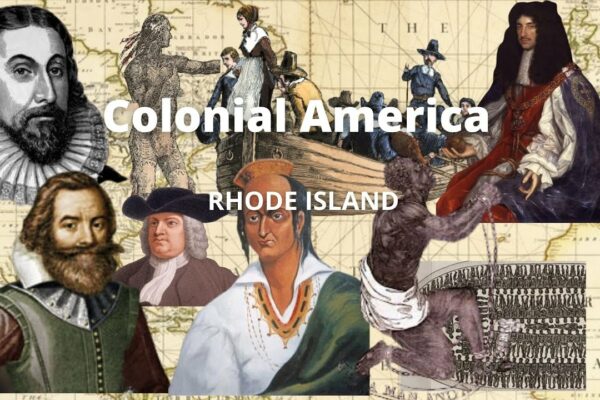
Is there a government in Rhode Island?
Rhode Island, the smallest state in the US, indeed has a well-established government. As a representative democracy, it operates under a state constitution, dividing power among three branches: the executive, legislative, and judicial. Rhode Island boasts a governor, state legislature, and a Supreme Court, all effectively functioning to serve its population of over one million residents. Despite its size, Rhode Island’s government remains robust, ensuring the state’s affairs are managed efficiently and in accordance with the law.







